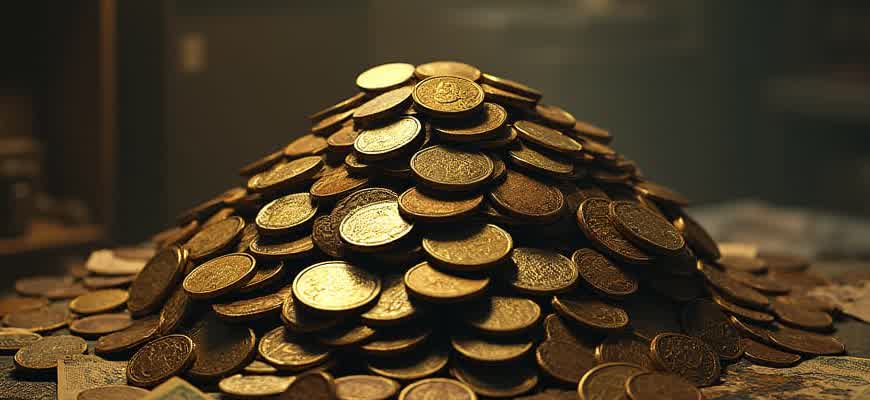The Product of Number 7

The number 7 holds a unique place in both mathematics and culture. Its properties make it a prime number, and it frequently appears in various fields, from science to religion. Below is a summary of some key attributes of this number:
- Prime Number: 7 is a prime number, meaning it cannot be divided by any other number except for 1 and itself.
- Mathematical Relevance: It appears in many mathematical structures, such as the seven days of the week and the seven colors of the rainbow.
- Cultural Impact: The number 7 is often seen as lucky in different cultures, symbolizing completeness and perfection.
In addition, the number 7 is featured in several significant sequences and sets, making it an important figure in number theory:
- Fibonacci Sequence: The seventh number in the Fibonacci sequence is 13.
- Prime Number Sequence: 7 is the fourth prime number, coming after 2, 3, and 5.
- Perfect Numbers: The closest perfect number, 6, often pairs with 7 in discussions of mathematical properties.
"In many ancient civilizations, the number 7 was revered as a symbol of divine perfection and order."
In the table below, we can compare the number 7 with other important numbers in various contexts:
| Number | Type | Occurrence |
|---|---|---|
| 7 | Prime | Common in calendars, religions, and mythology |
| 3 | Prime | Appears in trinity concepts across cultures |
| 10 | Base of Decimal System | Fundamental in mathematics and computing |